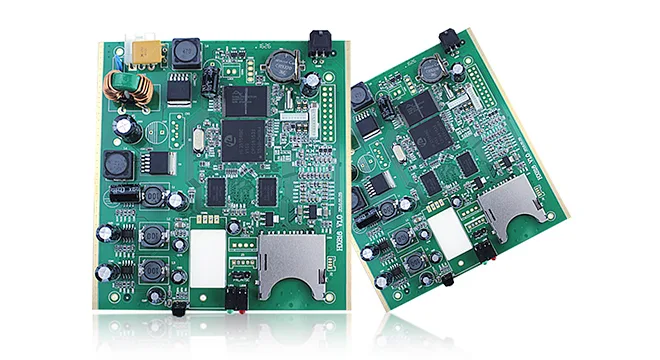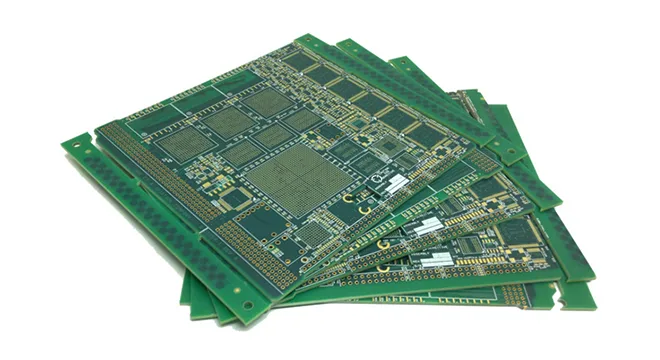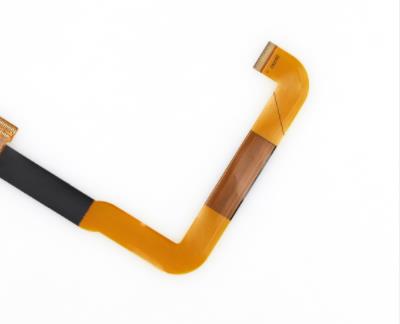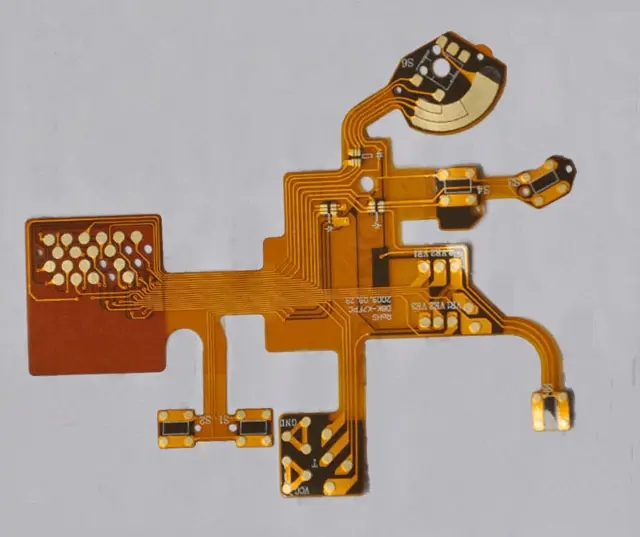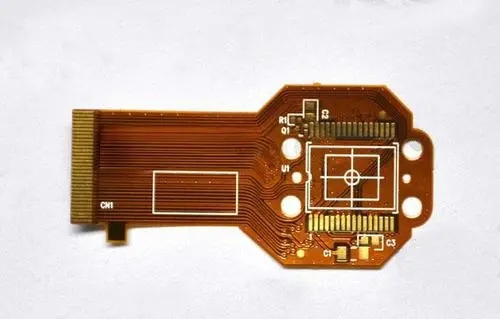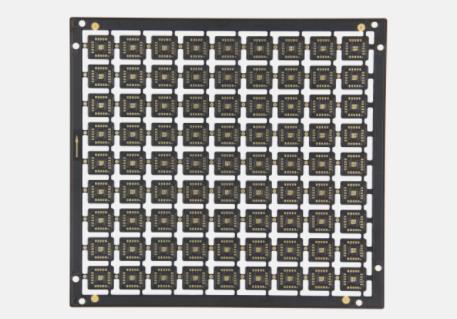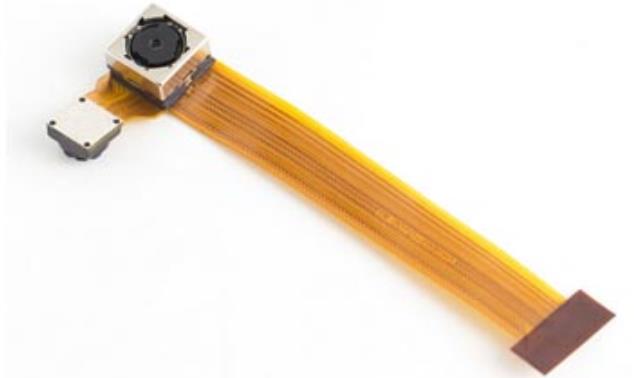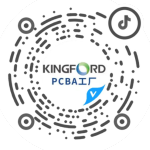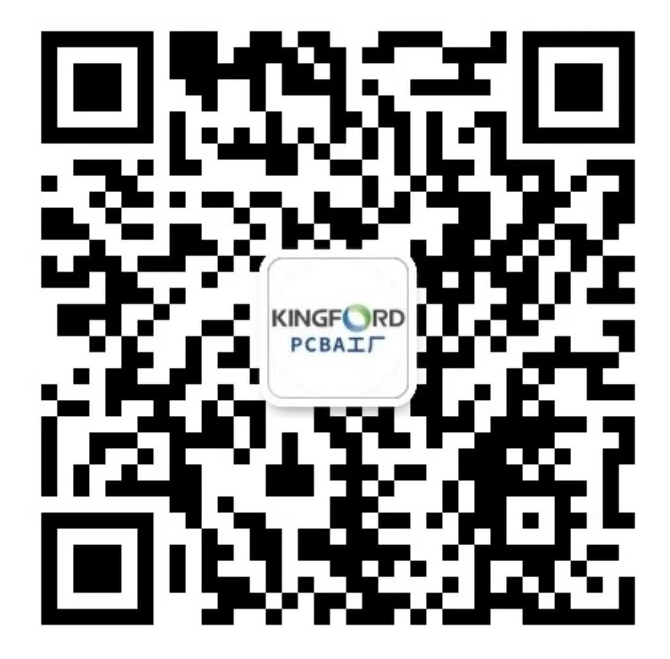
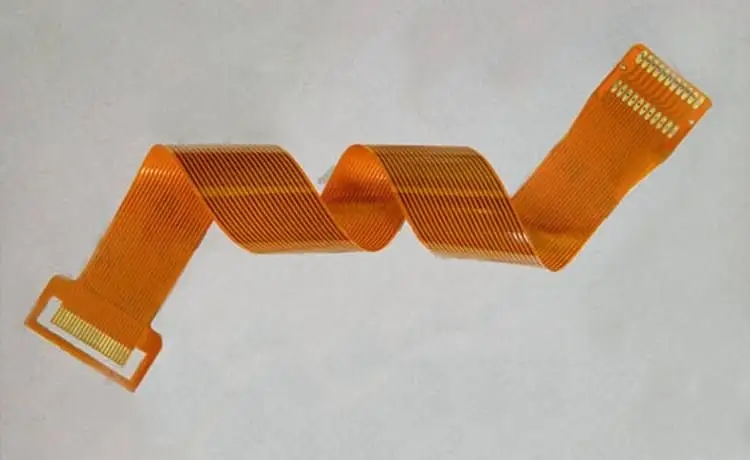
Differences between FPC and PCB hard board and soft and hard combination board
PCB manufacturers, PCB designers and PCBA manufacturers explain the differences between FPC and PCB hard boards and soft and hard combination boards
Flexible circuit board, also known as "FPC flexible board", is a printed circuit board made of flexible insulating substrate. FPC can provide excellent electrICal performance, meet the requirements of SMAller and higher density installation design, and also help reduce assembly processes and enhance reliability. Flexible circuit board is the only solution to meet the requirements of miniaturization and mobility of electronic products. It can bend, wind and fold freely, can withstand millions of times of dynamic bending without damaging the wire, can be arranged arbitrarily according to the spatial layout requirements, and can move and expand freely in three-dimensional space, so as to achieve the integration of component assembly and wire connection; Flexible circuit board can greatly reduce the volume and weight of electronic products, which is suitable for the development of electronic products in the direction of high-density, miniaturization and high reliability.

What is the difference between FPC and PCB hard board?
As for FPC soft board, the so-calLED flexible circuit board is actually a kind of printed circuit board, but it is quite different from the traditional printed circuit board. Therefore, it is called FPC soft board, which is also called flexible circuit board. FPC generally uses PI as the base material, which is a flexible material and can be bent and flexed at will. FPC soft board is usually applied to links that need repeated flexure and some small parts, but now it is not just that. At present, smart phones are thinking about bending prevention, which requires the use of FPC soft board, a key technology. PCB is the so-called printed circuit board, which is usually calLED PCB hard board. It is the support of electronIC components and is a very important electronic component. PCB hard boards usually use FR4 as the base material, also known as FR4 circuit boards, and cannot be bent or flexed. PCB hard boards are usually used in places that do not need bending and have relatively hard strength, such as computer motherboards, mobile phone motherboards, etc. In fact, FPC soft board is not only a circuit board that can be flexed, but also an important design method to connect into a three-dimensional circuit structure. This structure can be used with other electronic product designs to build a variety of different applications. Therefore, from this point of view, FPC and PCB are very different. Of course, FPC soft boards can use terminal connection for line connection, but they can also use soft and hard boards to avoid these connection mechanisms. A single FPC can use the layout method to configure many hard boards and connect them. This method reduces connector and terminal interference, and can improve signal quality and product reliability. For PCB, unless the circuit is made into a three-dimensional form by means of film filling, the circuit board is generally planar. Therefore, to make full use of three-dimensional space, FPC is a good solution. In terms of hard boards, the current common space extension scheme is to use slots and interface cards. However, FPC can make a SIMilar structure as long as it uses the adapter design, and it is more flexible in the directional design. With one piece of FPC, two hardboards can be connected into a group of parallel circuit systems, or can be turned into any angle to adapt to different product shape designs.
What is the difference between FPC and hard and soft combination board?
What is FPC flexible circuit board? Flexible circuit board, also known as FPC flexible board, is a kind of printed circuit board with high reliability and high flexibility, which is made of polyimide or polyester film as the base material. It has the characteristics of high wiring density, light weight and thin thickness. It is a highly reliable and excellent flexible printed circuit board. It can bend, wind and fold freely, can be arranged arbitrarily according to the space layout requirements, and can move and expand freely in three-dimensional space, so as to achieve the integration of component assembly and wire connection. What is the soft and hard combination board? The soft and hard combination board is a special circuit board made of rigid circuit board and flexible circuit board by pressing. The plate making materials used are mainly rigid plate FR4 and flexible plate polyimide. The soft and hard combination board combines the advantages of rigid circuit board and flexible board, so that PCB is no longer a two-dimensional plane layer oil, but a three-dimensional internal wiring and arbitrary bending folding. It can replace the composite printed circuit board connected by multiple connectors, multiple cables and ribbon cables, and has the advantages of stronger performance, higher stability, lighter weight and smaller volume.
The biggest difference between FPC flexible circuit board and soft and hard combination board is that FPC can bend freely. Soft and hard combination board can bend only in soft areas. The cost of soft and hard combination board is much higher than that of FPC. Compared with FPC, the production process of soft and hard composite boards is much more complicated, and of course, the manufacturing is also a little more difficult. The soft and hard combination board has the characteristics of FPC and PCB at the same time. Therefore, it can be used in some products with special requirements, including a certain flexible area and a certain rigid area. It is very helpful to save the internal space of products, reduce the volume of finished products and improve the performance of products. PCB manufacturers, PCB designers and PCBA manufacturers will explain the differences between FPC and PCB hard boards and soft and hard combination boards.
然后
聯(lián)系
電話熱線
13410863085Q Q

微信
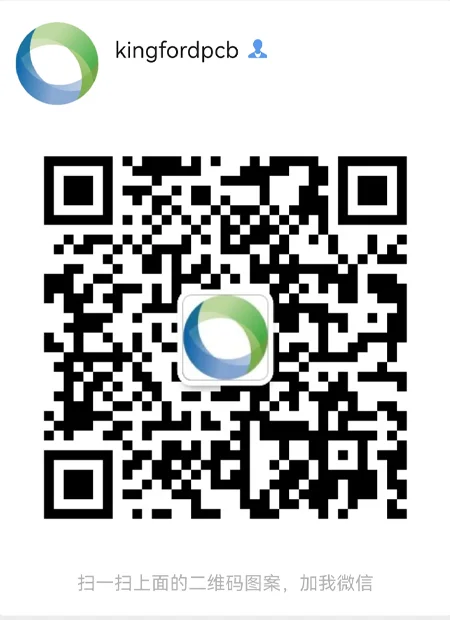
- 郵箱

